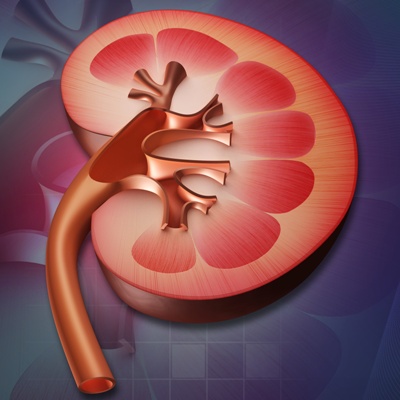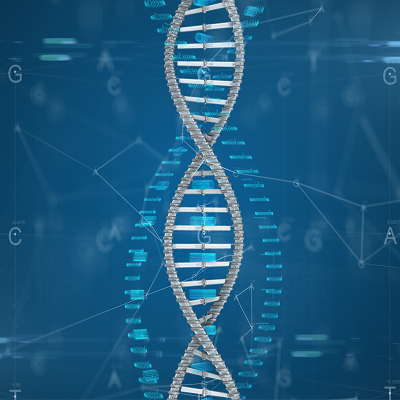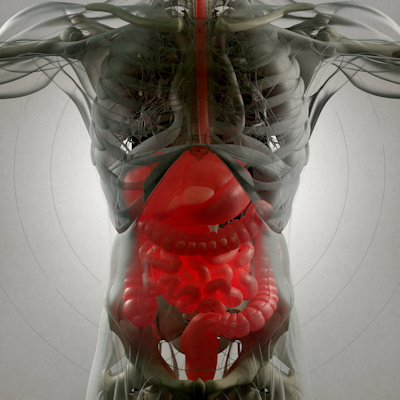October 3, 2022 -- Researchers at the University of California, Los Angeles (UCLA) have discovered that early-stage stem cells are key to creating high-quality brain organoids -- miniature brainlike structures used in the laboratory to model a variety of diseases.
Their study, published September 29 in the journal Stem Cell Reports, proposes guidelines for consistently growing better organoids in the lab.
Mini brain organoids have recently modeled diseases ranging from Alzheimer's to COVID-19. However, due to a lack of standardization and quality control, organoids vary from lab to lab -- and even batch to batch -- leading to inconsistent results.
Organoids that accurately and consistently recreate specific brain structures are vital in studying disorders like schizophrenia and autism, in which the brains of those affected appear identical to neurotypical brains yet vary greatly in function.
To produce mini brain organoids, scientists reprogram human skin or blood cells to become induced pluripotent stem (iPS) cells, which they then direct to create neural stem cells that can aggregate into organoids.
The UCLA researchers discovered that younger stem cells resulted in higher quality organoids. Human stem cells grown in a dish with mouse skin cells preserved their immaturity, but also rendered the resulting organoids less suitable for therapies to replace damaged neural tissues.
As a result, the research team turned to RNA sequencing and computational analysis to pinpoint genetic differences between stem cells that produce good organoids and those that don't. They identified four molecules that, when added to stem cells, kept them in an immature state, enabling them to produce high-quality organoids.
"We found a way to have our cake and eat it, too," said senior author Bennett Novitch, PhD, in a statement. "We have taken mouse cells out of the equation while retaining some of their benefits for organoid formation, bringing us closer to our goals of studying and developing treatments for complex neurological diseases."
Copyright © 2022 scienceboard.net









